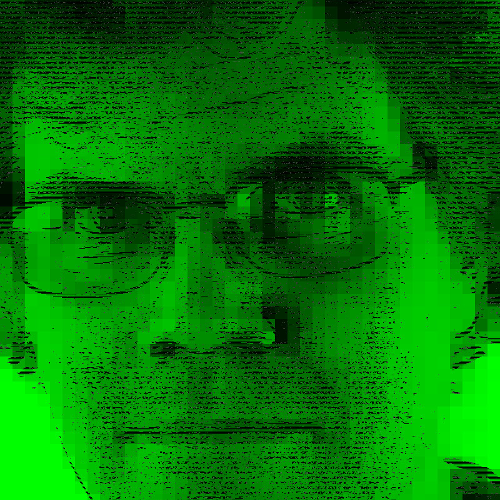In How to Do Nothing, Jenny Odell exhorts us to occasionally look up from social networks and instead look around at the places and people around us. These days, at least here in the SF Bay Area, this is terrible advice. If you go outside to look at your neighborhood, you'll inhale smoke from the wildfires. If you visit with your neighbors, you'll inhale and/or exhale the pandemic. But a year ago, when this book came out, its advice was good, actually. Maybe that advice will be good again in another year or so (please?); anyhow, I'm glad I kept reading.
This book perhaps resonates particularly hard because Odell lives in the San Francisco bay area, grew up here; when she looks up and looks around, she looks at neighborhoods I know. She talks about sitting in Oakland's Morcom Rose Garden, learning to birdwatch. My random walks have sent me through that rose garden; and I have nervously birdwatched a feral turkey there as I skittishly skulked around hoping that turkey won't lunge at me. Odell talks about birdwatching as an aspect of paying attention to the world around you. She says you shouldn't think of this as some productivity-enhancing self-improvement activity; but rather of re-anchoring yourself outside the rat race and remembering what's important. This might be cheating on her part: she's an artist; noticing things about the world is arguably part of becoming a better artist. Nevertheless, it's probably good for other folks, too. Computer programmers get into trouble when we say "assume four bits is enough to encode everything interesting about a cow." Looking up from our abstractions and looking around could be a cure for this.
She talks about activism, working together with neighbors to make the world better. She's in favor of it. She talks about some folks in the 1970s who tried to get away from the BS of society (the social networking of its day) by moving out of the cities, back to the land, forming little communes. Little bands of friends formed mini-societies. Except they didn't form mini-societies; they just moved onto some land and hoped things would work out OK. But things didn't work out OK. Folks didn't agree, even these little bands of society-escaping friends. Some hippie wanna-be micro-guru would say "Things are falling apart because of all this negativity. You all need to just chill out and do what I say." And then some other hippie wanna-be micro-guru would say "You all need to chill out and do what I say." And then there'd be a schism in the commune. (Or there wouldn't be any arguments; and instead all the commune-folk would just passive-aggressively watch everything fall apart.) So: getting away from Facebook and Twitter and TikTok and whatnot does not mean withdrawing from society: you have to continue to engage with the folks around you, to help each other.
Despite the message of the book, it told me about a new social network. And despite the message of the book, I joined that social network; it's Scuttlebutt. It kind of fits with the pay-attention-to-your-surroundings theme of the book; Scuttlebutt doesn't just use the regular internet-cloud-thingy; if you and another user's laptop connect to the same wifi, Scuttlebutt sends info between laptops that way; and if one of y'all wanders to another wifi and connects with a third user, the little Scuttlebutt bits get relayed along thusly. In these Covid-ridden times, it doesn't seem like such a great idea to sit near other folks at wifi hotspots; some of those other people might exhale, which could lead to problems. So it's good that the system can fall back to plain ol' internet. But but maybe in a year or so, that wifi-relay thingy will be pretty cool again.
The books ends with birdwatcher Odell watching some brown pelicans. She points out that these birds are survivors. They were endangered until pretty recently. This again resonated pretty hard with me, SF Bay Area native. Growing up, all the nature documentaries I watched on TV were about animals on the brink of extinction. Thus, I'd grown up thinking that environmental activism was futile. But then I saw some brown pelicans after having missed them for many years. And then I saw some more pelicans. And then I realized that the pelicans had come back from endangerment. People around the bay had buckled down and stopped polluting the waters so much, hoping to restore the local ecosystem. And it wasn't futile: the pelicans came back, QED. I wish I hadn't taken so long to figure out there were things I could do instead of doing nothing (the wrong way).
